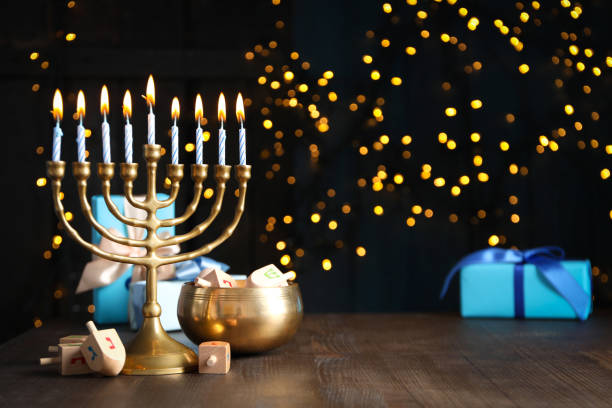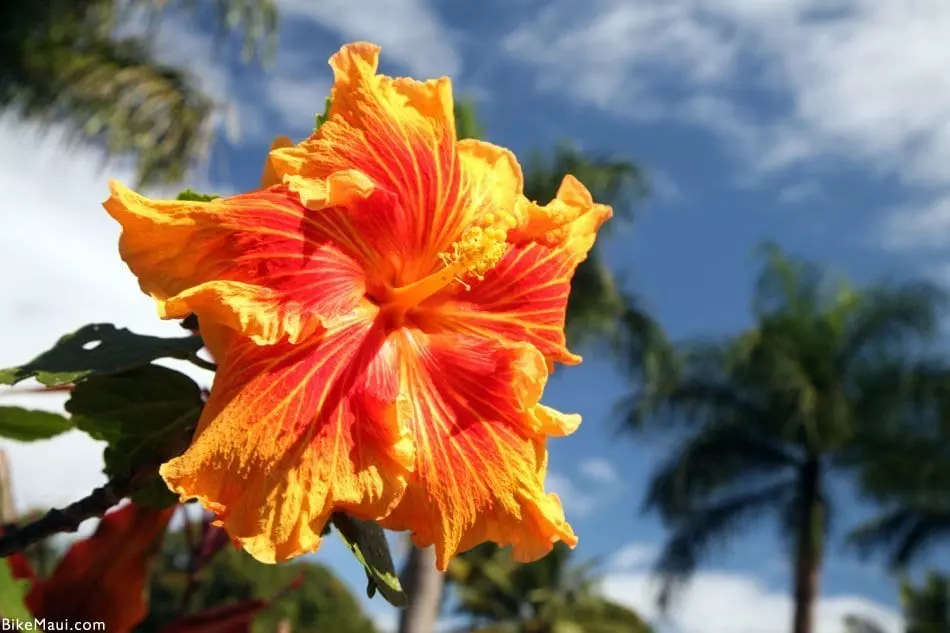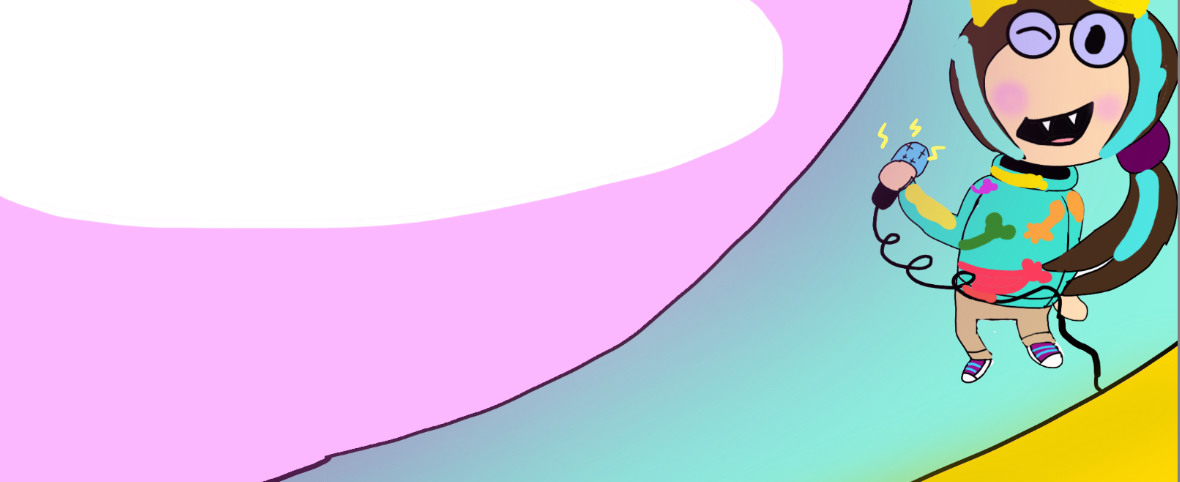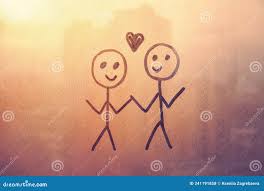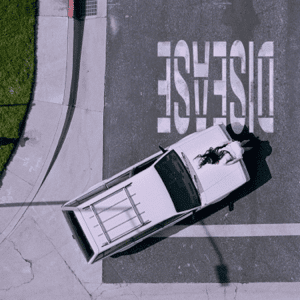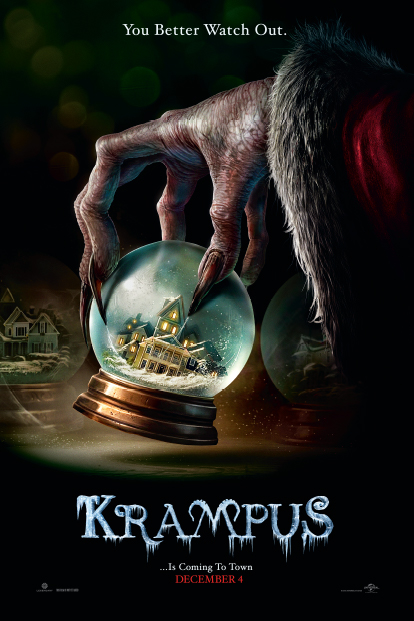For me, one of the most exciting parts of winter is the Jewish holiday Hanukkah, also known as the Festival of Lights.
This year it starts the evening of December 7th and it ends the evening of December 15th. The holiday is extremely enjoyable and there are a variety of activities to do.
From personal experience, my family exchanges gifts throughout the nights, lighting the menorah until all eight candles are lit by the last night.
A menorah is a candelabrum with eight branches and a central socket for the shamosh, which is the candle that is lit initially so it can be used to light the rest. One candle is lit each night to signify the miracle of the light.
Families typically celebrate Hanukkah together, eating latkes, spinning the dreidel, and chanting prayers. A latke is a type of potato pancake in Ashkenazi Jewish cuisine and a dreidel is a four-sided spinning top with a Jewish letter on each side. Prayers are said each night as the menorah is lit from right to left.
Hanukkah is not solely about fun and festivities. There is a lengthy amount of history behind the holiday.
It began in 167 BCE in Israel, ruled by the Syrian King Antiochus at the time. He banned the practices of Judaism in his realm. The Jews were forbidden from circumcising their sons, learning the Hebrew language, studying the Torah, following their calendar, observing their holidays and offering sacrifices in the Temple. He commanded the Jews to pray to the Greek gods instead and disown their religion to switch to Greek.
After the Jews were practically forced out of their religion, Judah Maccabee and his army, the Maccabees, saved Judaism by fighting back and taking down the Syrian army.
The hatred of Jewish people is a common theme throughout history. Take, for example, Purim, the Holocaust, Spain in the 1400s, and currently in Israel. This is only a small fraction of events filled with anti-semitism.
In many instances, Jews have been threatened, tortured, killed, and were not viewed as human beings. King Antiochus was not the only one to force them out of their religion.
Somehow, the Jewish people were able to survive and pass down traditions and stories on to their families. Today anti-semitism is still all around the world, but the community stands together, displaying strength and dedication.
Jewish children are often told the story of the miracle of Hanukkah, otherwise known as the miracle of the light. It is derived from the legend that when the Jews lit the candle in the temple, the oil lasted eight days. Of course, our candles today will not last more than one night, so that is why we light one more candle each night.
The true miracle behind this holiday is how the small army of the Maccabees was able to defeat the large and powerful Syrian army. The Maccabees won due to their dedication, which is the meaning of the word “Hanukkah.”
The Jewish holiday Hanukkah, while celebratory and thrilling, is fascinating as well. There are a great deal of entertaining activities to participate in, gifts to give and receive, prayers to recite, and stories to learn, including the real miracle of the holiday.
Without the Maccabees and their dedication, we would not be celebrating the holiday as we do now. The miracle of Hanukkah is essentially the dedication of Jews throughout history. The story of this holiday should inspire everyone to fight for what they believe in, no matter the cost.


